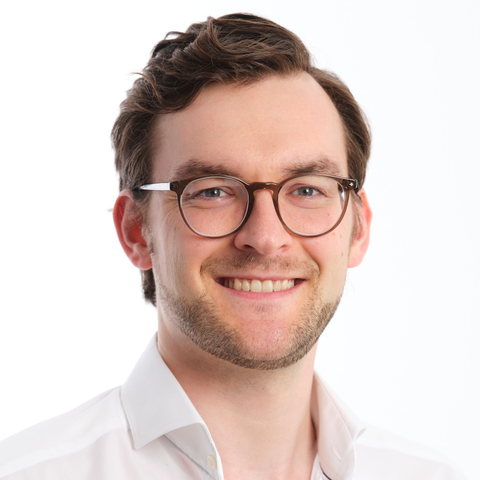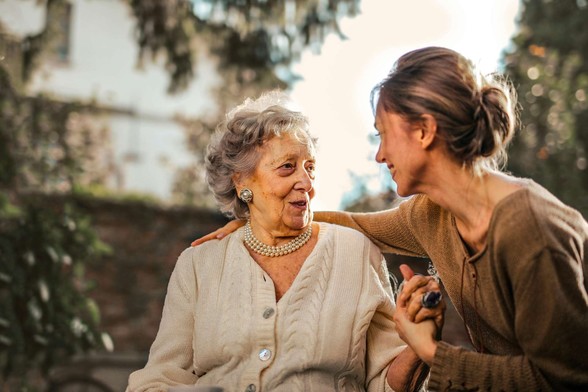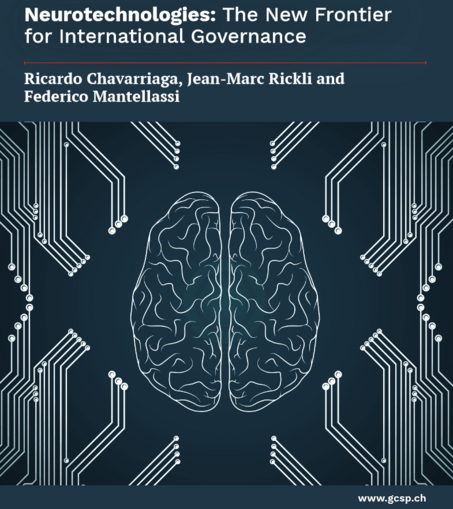“A BIG future demands BIG ideas based on a BIG imagination!” – Futurist Jim Carroll
I released the next trend in my BIG Future: Long Term Trends Transforming our World series – The BIG Future: Brain Science and the Acceleration of Neurological Care.
The third in the series (with many more to come over the next many months – I’m taking on one each week), the trend involves bold science and big ideas based on vivid imaginations as to what might be possible in the field of brain science, or neurological science.
A patient walks in to see meet his neurosurgeon.
The patient says “so you’re the brains of the operation?” The neurosurgeon replies “no, you are
Ever since our childhood, the ‘smartest person in the room‘ has always been the brain surgeon – as in the phrase we often use, ‘it doesn’t take a brain surgeon to ….’ (insert a comment.) But in the context of big, sweeping trends, their role is changing in new and significant ways as the medical, science, and technology communities pursue the goal of doing for brain health in the 21st century what we did for heart health in the 20th century.
The challenge is vast – according to the American Neurological Association, nearly 100 million people suffer from neurological conditions ranging from migraines to Parkinson’s disease, neuromuscular disorders, traumatic brain and spinal cord injuries, epilepsy, multiple sclerosis, and so much more. Scale that to the rest of the world, and this is one of the most significant challenges of our time, particularly as society ages and the number of patients with dementia / Alzheimer’s doubles to 78 million by 2030 – and 115 million by 2050!
From a broad perspective, researchers are looking at everything involving the brain, spine, and peripheral nervous systems, as well as mental disorders and diseases, with potential solutions, involving new pharmaceuticals, technology, psychedelics, surgeries, and more. There are some people suggesting that might see some neurological and nervous systems conditions vanquished in the years to come as a result of the acceleration of the science of the brain. That’s the focus of this trend – we are busy trying to unlock the mysteries of the brain, the methodologies of the nervous system, and the science of mental care. Indeed, neuroscience – or brain science, for lack of a better term – is at an inflection point, where advances in technology and science are fertile ground for innovation to such a degree that we might see significant breakthroughs in how we better understand the disease, develop treatments and manage risk going forward.
Bold thinking might help us deal with one of the fastest emerging tragedies of our time – the acceleration in the number of Alzheimer’s patients.
Kurt Steube
Just 10 years ago, I lost a very dear friend to this disease.
My father-in-law — affectionately known as “Opa” both to myself and his grandsons, lost a struggle in 2012 as the result of a broken hip, combined with complications from Alzheimer’s.
33 years ago, when I first met him, he welcomed me into his life with a warm embrace.
Before the disease took him, “Opa” had a mind that was sharp, in tune, and that was very much engaged. And what was remarkable was that his career did not allow him to utilize his insight and intelligence as much as he could have. He had immigrated from Germany in the early 1950s; as such, with limited English skills to start, he spent much of his working life doing honest, diligent work — but which involved manual labor. For over 30 years, he worked for General Motors. He was proud of who he was, and what he had accomplished, and thrived in the love of his wife Susanne (“Oma”), his daughters Christa and Heidie, and his grandkids. But I always had a sense that he had hoped to do more with his life.
I do think he did quite enough, and take pride in having known him.
And then, we witnessed, for a time, as his mind disappeared while physically he remained strong. That’s the tragedy of Alzheimer’s — a disease that is looming as one of the biggest tragedies of our time. With this disease, it is all too easy to remember the person for the time that “just was” — rather than for the time that was “before.” That is why Alzheimer’s is such a sad disease; the person you know, gradually disappears and fades away, even though the person remains. If you want to watch a remarkable movie about the disease, watch the video documentary “I’ll Be Me” about singer Glen Campbell and his voyage. It is a stunning documentary.
Days before the disease took Glen Campbell, he could play his guitar with finesse, even though he did not know the family members around him. His mind was taken, and yet his mind remained.
Alzheimer’s is one of many brain conditions we as a society must deal with. Today, there is no cure – the best we can do is manage its symptoms and perhaps slow its progressions. And that is complex – the typical Alzheimer patient is disabled for 9 to 20 years – and this will increase to 40- to 50 years as medical advances continue and life expectancy continues to grow. We are set to see a 10X increase in the cost of care. We need big thinking to deal with the scope of the challenge! We need big ideas with big imaginations. And to that end, we are seeing significant developments.
Alzheimer’s and dementia are but one disease and condition of the brain. According to the American Neurological Association, nearly 100 million people suffer from neurological conditions ranging from migraines to Parkinson’s disease, neuromuscular disorders, traumatic brain and spinal cord injuries, epilepsy, multiple sclerosis, and so much more. From a broad perspective, researchers are looking at everything involving the brain, spine, and peripheral nervous systems, as well as mental disorders and diseases, with potential solutions, involving new pharmaceuticals, technology, psychedelics, surgeries, and more. The areas of research involve what is known as neurocritical care, which covers critically ill patients with central and peripheral nervous system disorders, as well as neuroendovascular disease and conditions, which things like acute stroke, as well as vascular malformations, arteriovenous malformations, cerebral aneurysms, and endovascular/interventional spine disease.
Suffice it to say, it is a very broad field.
That’s the thinking behind my statement that ‘we might do for brain care in the 21st century what we did for heart health in the 20th‘ is the type of big, bold thinking that we need. I’ve covered the issue in terms of that type of thinking before. My 4th trend to watch in 2019 from my series “19 Trends for 2019,” The Acceleration of Brain Health Science, took on the topic.
I also covered this as trend #17 : Human-to-Computer Augmentation & Off Brain Storage, with a bit of a more futuristic view.
I wrote about that trend with this comment:
Have ever watched a 2 year old go from an iPad to a flat-screen TV in the living room? They try to get the TV to respond in the same way by touching the screen, and are kind of mystified. Another take – one executive that booked me told the story of their 3 year old wandering around the house talking to all kinds of devices – and wondering why didn’t respond back like the Amazon Echo devices in their home.
I don’t know about you, but I’m pretty certain that the 2 year old of today is living in a different world than I do – and that being immersed in the era of acceleration, their brain synapses are evolving very quickly, in an entirely different way. Add to that the acceleration of HCI – or Human-Computer Interface technology — and you’ve got trend #17 of ’19 Trends for 2019.’
In other words, storing a part of our minds, memory knowledge in some sort of computer hard drive!
Take this to the logical conclusion – we are seeing rapid advances in research that marries our minds to off brain storage.
How might we do it? I spoke about on stage at the World Government Summit in Dubai, we might end up combining the science of data storage with optical science – and take advantage of the fact that we have learned how to stop light in in tracks!
In doing so, maybe we can put our mind inside a yottabit ball!
I believe this is a huge opportunity – and it is coming together so quickly that I wrote it as one of the trends in my 25 Trends for 2025:
It’s for all these reasons that the era of brain science is a BIG trend in our BIG future – and why we need to continue to think big and bold about the world of healthcare.
Read the full post on the trend for more!
#17 #neurotechnologies #neurotechnology
https://jimcarroll.com/2023/02/a-big-future-demands-big-ideas-based-on-a-big-imagination/


